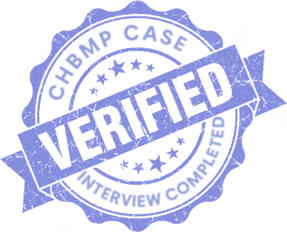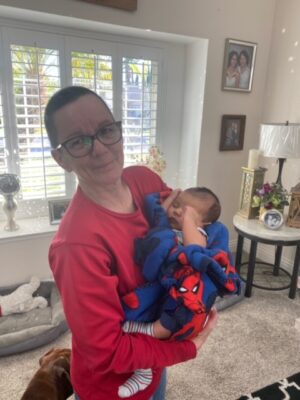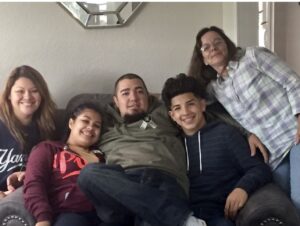



Medical Information
Medical Treatment & Hospitalization
When my mother was asked about vax status and told them that she was not vaxxed, she was then further isolated and not allowed to use her cell phone to communicate with me.
My mother would sneak her phone and tell us that they would not feed her or give her water. She would call me screaming that nurses are constantly restraining her(4'11" 95lbs). Advanced Med Directive was given (signed by me and my mother) stating she did not want a ventilator and did not want remdesivir. Date of her death, a nurse called me from her personal cell phone in the morning stating that she was not doing good and that the doctor had given her remdesivir and ventilator per CDC protocol. I objected and was upset on the phone. That evening, I was called that she may pass and it was time to get to the hospital. (even though her death certificate states she had already died in the morning). I arrived at the hospital to the ICU staff doing a "tiktok" dance around her room, as she was already dead. When they noticed I was walking down the hall, the staff scattered.
Activism & Follow-up
Watch & Share The Interview
Written by Edward Montoya(Son)
In the midst of the COVID-19 pandemic, the Montoya family faced a heart-wrenching battle. Edward Montoya, a loving son, and his wife did their best to care for Edward’s mother as she battled cancer in the final months of her life. As they shared their journey with the COVID Humanity Betrayal Memory Project (CHBMP), their story becomes a powerful testament to the devastating impact of the deadly hospital protocols on countless families and the importance of staying vigilant in the face of adversity.
Edward’s mother, already weakened by cancer, was diagnosed with COVID-19, which further complicated her condition. The family struggled with the challenges of caregiving amidst a strained relationship, as Edward moved his mother into his home. They were there for her through the agonizing late-night visits, and even had to make the difficult decision to shave her head as her hair began to fall out.
Despite their best efforts, Edward felt that his mother needed more medical care than they could provide. When he suggested moving her to a facility, she took it as a sign that he was trying to get rid of her. Misunderstandings like these added to the emotional turmoil that Edward, his wife, and his sister experienced during this time.
When his mother eventually passed away, Edward and his wife carried immense guilt for months. They wondered if they could have done more, if they should have been more patient, or if they should have shown more love. Eventually, they came to terms with the fact that they had done the best they could with the resources and knowledge they had.
Edward’s story highlights the need for vigilance in the face of a healthcare system strained by the pandemic. He recounts difficulties in obtaining his mother’s medical records, which were encrypted and held by a third party. He encourages others to pay attention to what is happening and not to take things at face value simply because a doctor or nurse says so.
The Montoya family’s experience is just one of the many stories archived by the COVID Humanity Betrayal Memory Project (CHBMP). This organization, led by a task force of victims, mostly widows and widowers who have experienced similar harms, has documented over 700 stories, with over 400 published. These stories are a testament to the egregious crimes against humanity that have occurred during the COVID-19 pandemic and the need for these injustices to be stopped.
If you or a loved one has been harmed by COVID-related protocols or policies, please document your story at CHBMP.org. The Montoya family’s story serves as a reminder that we must continue to love our loved ones, stay vigilant, and work together to put an end to these devastating experiences.
These are just a few of the cases archived by our COVID-19 Humanity Betrayal Memory Project, and there are more being reported by survivors and families of victims every day. If you would like to help with this project, please contact us at email@chbmp.org.
